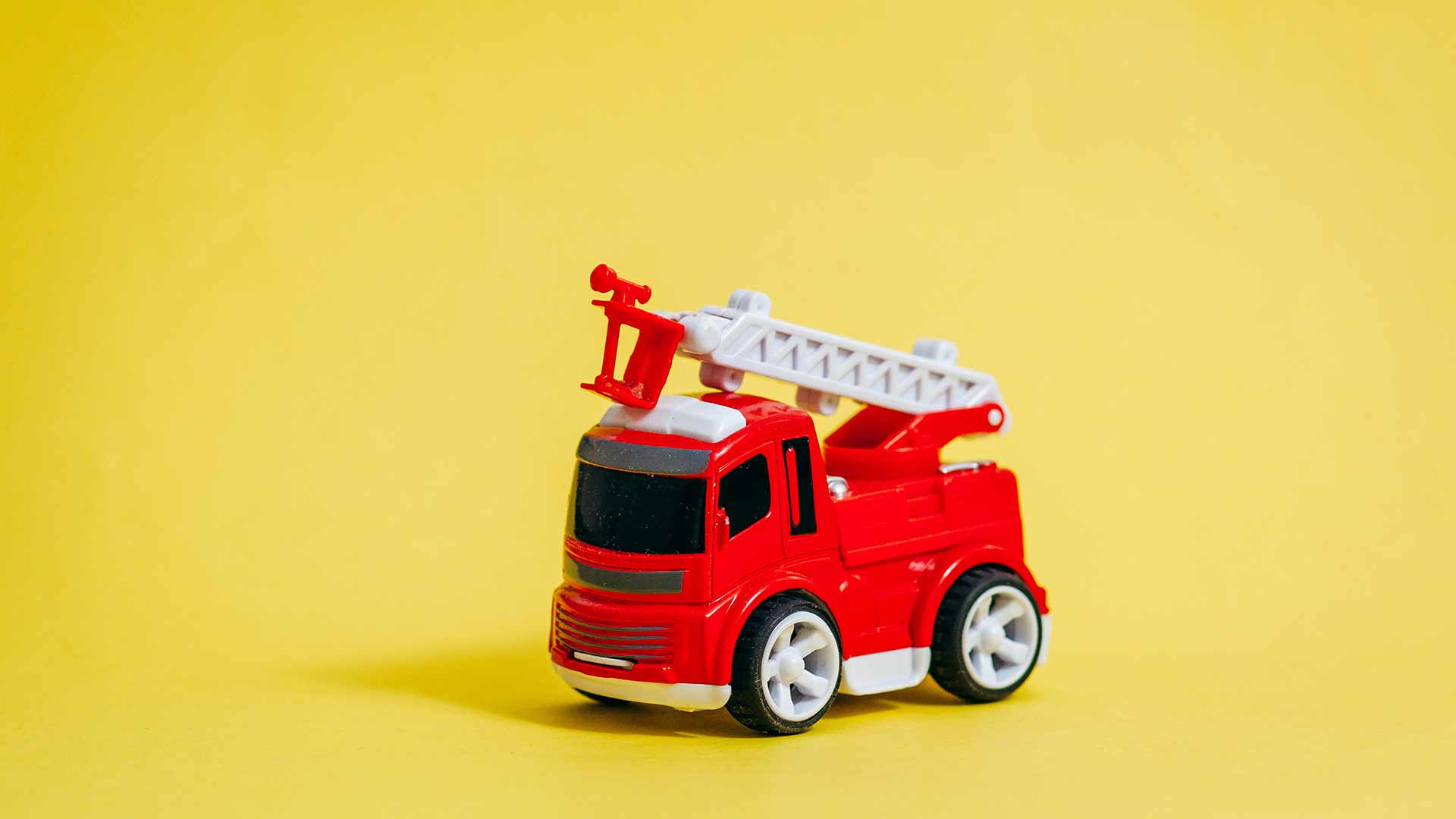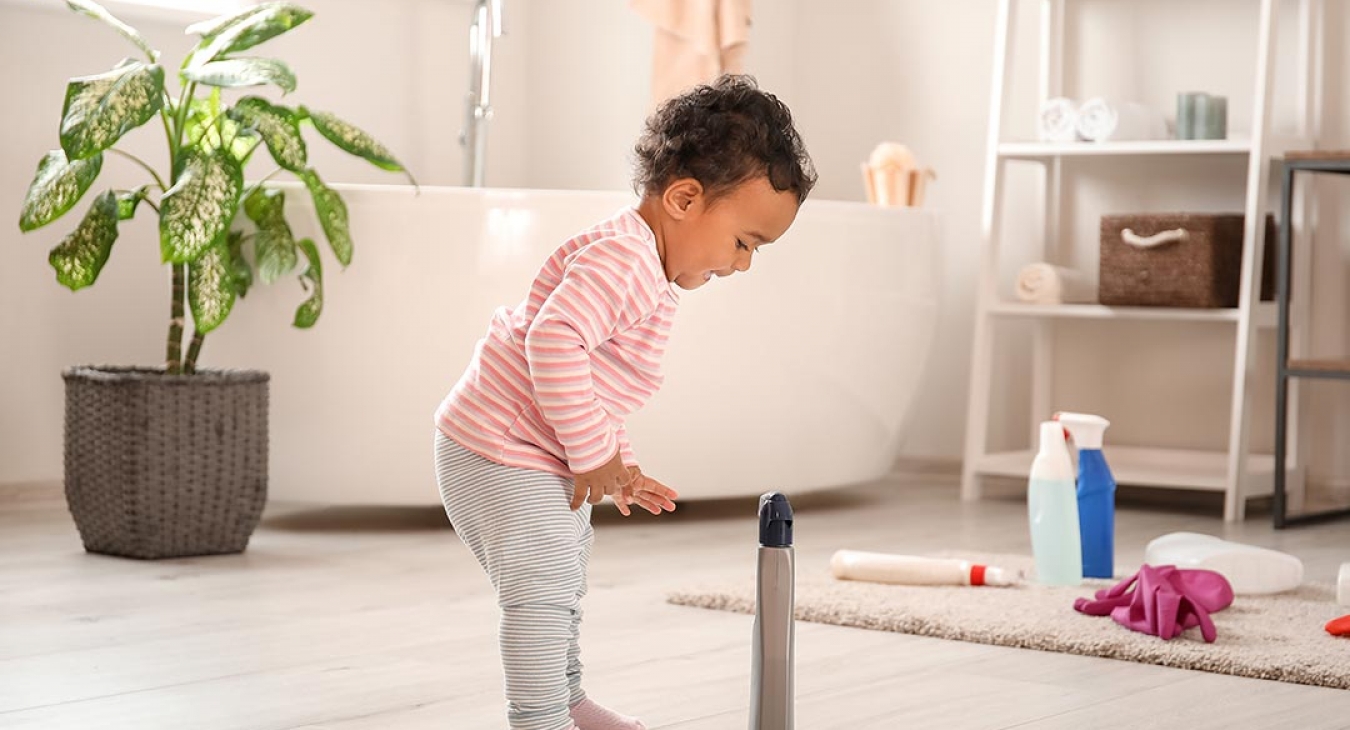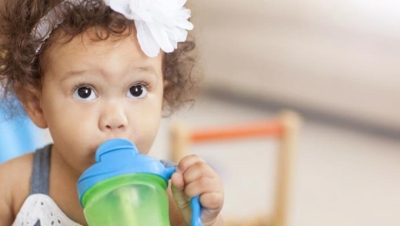Safety Rules for Kids at Home Alone
The American Academy of Child & Adolescent Psychiatry says more than 40% of parents leave their children at home alone at some point. This may not be a good idea. Kids do not have the capacity to deal with an emergency while unaccompanied. These young ones become exposed to accidents, fires, and other unsafe situations. For the safety of their loved ones, parents must always keep this in mind. So, what should parents consider before leaving their kid alone?
Prepare Your Kids Before Leaving Them Alone
What should you do in case you really need to leave your kids alone? Be aware of the highest crime rates in mid-major cities. In other words, many cases of home intrusion and burglaries happen in these urban areas. Thus, talk to your kids about how to cope with emergency situations: strangers knocking on the door, somebody trying to break in or smelling smoke, etc. Preferably, teach your children the following:
- Memorize your home address for giving the dispatcher
- How and when to call 911
- Lock doors correctly
- When to open or not to open the door
- What to do if the smoke alarm suddenly goes off or a fire breaks out inside the house, etc.
To begin with, leave only when you see the youngster is ready to be at home alone. However, set simple rules. Tell your child to never open the door to strangers. Never talk to any person over the phone except you or someone you trust. Leave matches and other dangerous objects out of their reach.
How to Keep an Eye on Your Child While You’re Away
You may not be physically present at home, but you can still check on your kids occasionally. Schedule phone calls so you will know their condition. Set a specific time for calling. See to it that your child knows your availability. Likewise, he or she must understand that you may not be able to answer at certain periods of the day. Draw up a list of persons with their phone numbers that your child can call during an emergency. Indeed, these safeguards will give you peace of mind even if you are away from the house.
Prevent Hazards or Dangers
Around 57% of burglars try to gain entry into houses through the door or windows. Hence, lock the doors and windows to deny intruders easy access to your house. Your child must learn how to secure these entryways as well. This way you won’t worry while you are at work or attending an important event.
It would also be a good idea to keep the curtains down so would-be prowlers cannot peer inside. Kids must know not to let strangers or even delivery persons in the house. Teach your child not to answer the doorbell or even talk to the individual behind the door. Avoid scheduling repairs or deliveries if you are not around. It breaks the basic rule of not allowing strangers to come in. You may need to practice this several times with the kid through role-playing. Include answering phone calls and getting in touch with the police or 911.
Practice Calling During an Emergency
Practice calling during emergencies with your child. Your kid must call you first if danger arises. At the same time, teach him or her how to call 911. Even children three years and above can do this easily. Explain to them what an emergency means. It could be a fire, an accident, or an unwanted person trying to enter your house. Tell them that 911 refers to firemen, policemen, doctors, or nurses. The child should understand that these people can help them in your absence. You can also go through the process of making this call:
- The child must call from the house phone so the dispatcher can easily trace your address
- The child needs to speak clearly and provide the operator enough information, etc.
Practice this many times until the kid will learn it by heart. Furthermore, advise your child not to feel scared and do not hang up unless the operator says so. In like manner, your children should also know the location of emergency exits. This becomes necessary if they need to get out of the house immediately because of fire, gas leak, or other hazards.
Stay Away from Hazardous Objects
Once again, it is important to educate your child to keep away from detergents, chemicals, electric equipment, knives, razors, and other objects that can cause serious injuries. This may turn out to be difficult but be patient in identifying each one and the harm it may cause.
Parents and children need to pay attention to these safety rules. In times of danger, knowledge of these practices can save their lives or yours.









Add new comment